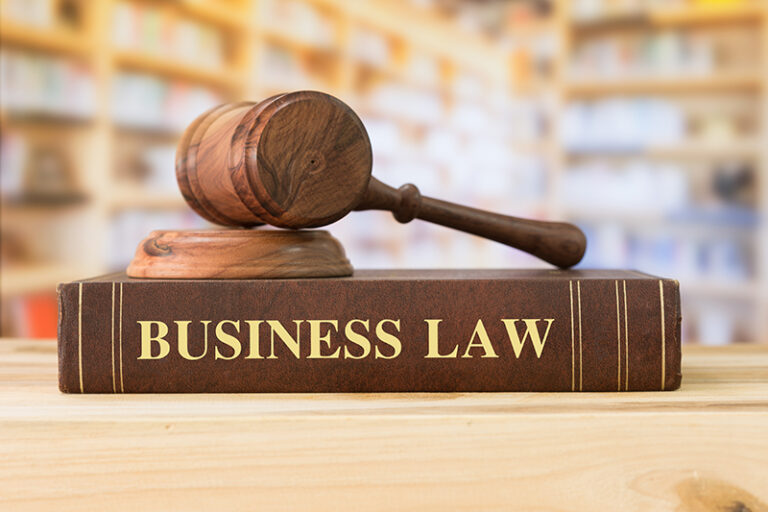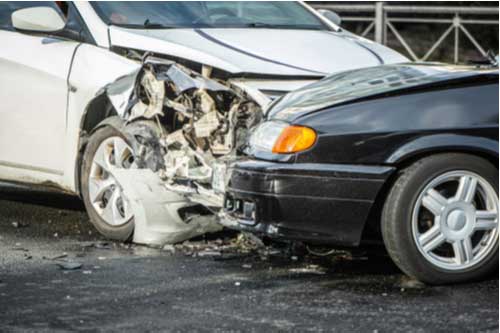How Comparative Negligence Can Affect Your Car Accident Claim in Alpharetta, GA
If you’ve been in a car accident in Alpharetta, the legal process that follows can feel overwhelming and confusing. One key concept that will play a significant role in your case is comparative negligence. Many car accident victims don’t realize how their own actions — or the actions of others — can impact their ability to recover damages after a crash.
Even if you share some of the responsibility for the accident, our team can guide you through the legal system and fight for the compensation that’s available to you. Let’s explore how comparative negligence works in Georgia car accident cases, and how it may affect your claim.
What Is Comparative Negligence?
Comparative negligence is a legal principle used to determine the level of responsibility of each party involved in an accident. In simple terms, it means that everyone may share a portion of the blame, and the funds they recover will depend on how much blame they’re assigned.
There are different types of negligence rules in the United States, but Georgia follows the modified comparative negligence rule. This means that you can still recover compensation even if you are partially at fault, as long as your fault is less than 50%. The closer you are to 50%, the less compensation you can receive.
For example, if you were involved in a car accident and found to be 30% at fault, you could still recover 70% of the damages. If your fault was calculated at 51% or higher, though, you would be barred from receiving any compensation.
This system is intended to allow a fair process for drivers, especially when each person may bear some responsibility for an incident. This gives everyone the opportunity to recover some amount of compensation (again, depending on their at-fault percentage) that can go toward medical bills, missed work, and other expenses.
How Comparative Negligence Affects Car Accident Cases
In Alpharetta, GA, car accidents often involve multiple contributing factors. Maybe another driver was speeding or ran a red light, but you were also distracted by your phone or didn’t signal before making a lane change. In situations like this, comparative negligence determines which driver’s actions take on greater blame.
Typically, courts and insurance companies will examine the evidence to determine the percentage of fault for each party. This includes reviewing police reports, witness statements, traffic laws, and any other available evidence.
Example: Speeding Driver vs. No Seatbealt
Imagine that a driver speeds through an intersection and collides with your vehicle, which leads to you sustaining a broken wrist and severe muscle strain. You also weren’t wearing a seatbelt at the time of the accident. In this instance, while the speeding driver may be primarily responsible for the collision, your failure to wear a seatbelt could be seen as contributing to the extent of your injuries.
Once fault is determined, your compensation will be adjusted accordingly. Let’s say that the total damages are $100,000, and the court determines you were 20% at fault. Therefore, you would be entitled to $80,000.
The Role of Evidence in Comparative Negligence
Burden of proof is critical to comparative negligence. You must present sufficient evidence to show the other driver’s fault, while also defending against any allegations of your own negligence.
Gathering strong evidence establishes liability and protects your right to compensation. Here are some examples.
-
Police Reports: An official record of the accident can provide details about how the crash occurred.
-
Witness Statements: Eyewitnesses who saw the crash can offer valuable testimony to clarify circumstances based on their fields of view.
-
Traffic Camera Footage: Video footage from nearby traffic cameras or from your own dashcam can provide indisputable evidence of fault.
-
Medical Records: Medical documentation of your injuries is crucial in proving the extent of your injuries.
-
Accident Reconstruction Experts: In some cases, experts may be used to recreate the accident scene and determine how the crash occurred.
Both parties involved in the accident will have the opportunity to present evidence to prove or defend their level of fault. At Hartley, Rowe & Fowler, we help clients gather and present this evidence to build a compelling case that protects their rights and maximizes their compensation.
Common Scenarios Where Comparative Negligence Applies
Comparative negligence can apply in situations like these.
-
Distracted Driving: One driver was texting while the other was speeding.
-
Driving Under the Influence: One driver was intoxicated while the other failed to yield the right-of-way.
-
Improper Lane Change: Both drivers were switching lanes at the same time right before the collision.
-
Weather Conditions: One driver failed to adjust to slippery conditions and the other was following too closely.
In these cases, comparative negligence ensures that both parties are held accountable based on their contributions to the accident, no matter how minor or significant.
Why Understanding Comparative Negligence is Important for Car Accident Victims in Alpharetta
Even if you share some responsibility for the crash, you may still be entitled to compensation. However, failing to understand how comparative negligence works can result in you accepting a lower settlement than you deserve, or missing the opportunity to recover damages altogether.
Having a knowledgeable attorney who understands how comparative negligence works can make a significant difference in your case. At Hartley, Rowe & Fowler, we help our clients navigate this complicated process by thoroughly investigating the circumstances of your accident, gathering the necessary evidence, and advocating for your fair compensation.
How an Attorney Can Help in Comparative Negligence Cases
If you’ve been involved in a car accident in Alpharetta, GA, consulting with a personal injury attorney is crucial, especially when comparative negligence applies. Our experienced lawyers can provide you with the following services.
-
Evaluate Fault: We’ll assess the level of fault for both parties and how it will affect your compensation.
-
Gather Evidence: We’ll collect police reports, witness statements, medical records, and other evidence to prove the other driver’s fault.
-
Negotiate with Insurance Companies: We’ll help you deal with insurance adjusters who may try to minimize your compensation based on comparative negligence.
-
Represent You in Court: If necessary, we can represent you in court and argue for a fair allocation of fault and compensation.
At Hartley, Rowe & Fowler, we’re dedicated to fighting for your rights and ensuring that you receive the full compensation you deserve, even if you share some responsibility for the accident.
Moving Forward After a Car Accident
If you’ve been in a car accident in Alpharetta, GA, it’s important to take action quickly. The sooner you consult with an experienced attorney, the better your chances of a successful claim. Even if you think you’re the one to blame for the accident, don’t give up on the chance that you could recover at least some compensation for your loss.
Contact us today to schedule a free consultation and learn more about your options.






